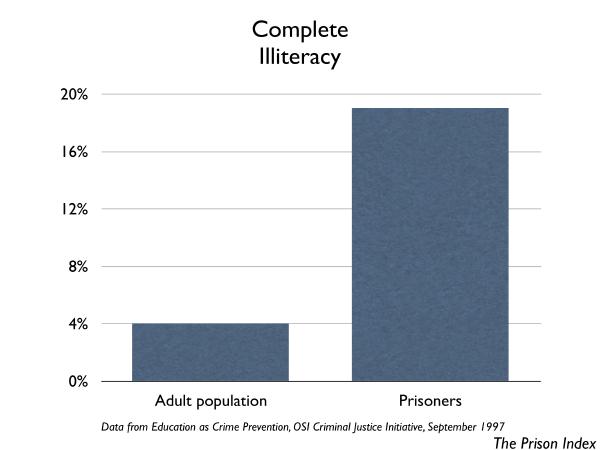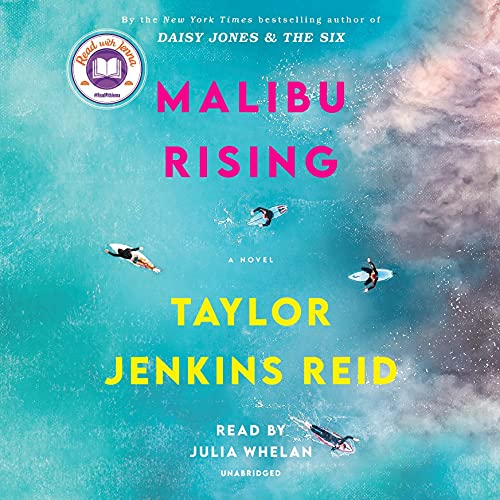So There’s a COVID Vaccine, but What Does That Mean For Pregnant People?
December 18, 2020
A panel of experts in maternal-fetal medicine recently made the case that the known risks of infection with COVID-19 during pregnancy outweigh the “unlikely risks of vaccination.” The group cited recent studies showing that pregnant women sick with COVID were at a higher risk for needing a ventilator and for death than women who were not pregnant. In fact, the Centers for Disease Control and Prevention noted that although some pregnant women have only mild cases when they contract coronavirus, “data demonstrate potentially increased risks of severe maternal illness and preterm birth due to COVID-19 disease.” According to the CDC, 75 percent of this workforce is female and roughly 330,000 of them, “could be pregnant or recently postpartum at the time of vaccine implementation.”
Anthony Fauci, MD, the director of the National Institute of Allergy and Infectious Diseases, noted that follow-up vaccine studies that include pregnant women and young children could begin as early as mid-to-late January. “That will not necessarily be looking at efficacy, but we’ll be looking at safety and immunogenicity to bridge to the efficacy in the adult non-pregnant population,” he said in a conference on Thursday.
Pregnant women were not included in Pfizer’s vaccine trials earlier this year, but about two dozen people who got the vaccine became pregnant while participating in the studies. None reported complications. Offit, a pediatrician in Philadelphia, said that although there were not sufficient data on the vaccine in pregnancy, therefore there is no “real or even theoretical risk for pregnancy or the unborn child,” because of how the Pfizer vaccine is made. Still, for pregnant women unwilling to be inoculated, careful precautions can protect them while the virus continues to rage. “The best thing you can do is mask and social-distance,” Offit said.
“It’s known that pregnant women can be a bit sicker if they get COVID-19,” said Vincenzo Berghella, a physician who specializes in high-risk pregnancy at Jefferson University Hospital. Berghella said that although the vaccine shouldn’t be mandatory, he believes it’s important for pregnant women to take it. “These types of vaccines, they don’t contain an alive virus — so they shouldn’t cause any issue to the fetus,” he said. “There’s really no theoretical risks we know of.”
The American College of Obstetricians and Gynecologists wrote in a statement last week that the organization is “closely monitoring new developments” and has urged the FDA to address the use of the vaccine on pregnant and lactating patients. “ACOG feels strongly that the vaccine should not be withheld from pregnant individuals,” they wrote. The organization said pregnant patients shouldn’t be required to speak with a doctor before vaccination, though, “as this may cause an unnecessary barrier to access.” They added that pregnant patients who choose not to receive the vaccine “should be supported in their decision.”
Pregnant and lactating people should be included in more clinical vaccine trials in the future, the group said, so others can make informed decisions about vaccinations while they’re pregnant.












